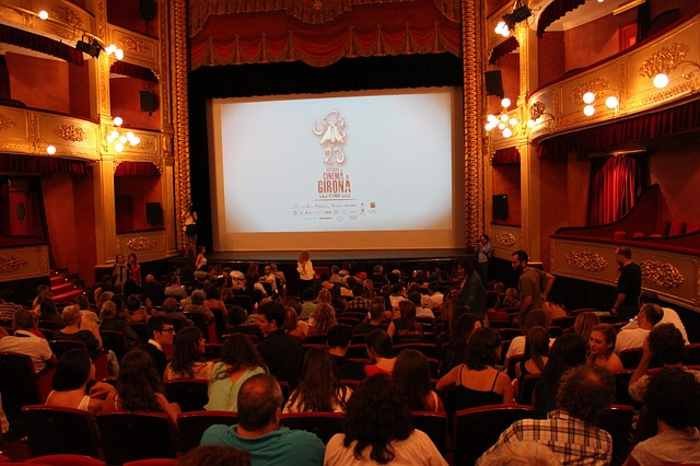Do you like the mountains? Then you should know that in Italy you can find many huts located 3000 meters above the sea level. So, let’s see three of the highest Italian huts you can visit. CAPANNA MARGHERITA Capanna Margherita is the highest hut you can find in Italy – and in Europe. It’s …
My Blog
How to get a haircut in Italy
If you live in Italy for a while, sooner or later, you’ll need a haircut. So, what are the steps to follow to get a haircut in Italy? And what are the main Italian words and sentences you need to know to survive at the hairdresser’s in Italy? PARRUCCHIERE OR BARBIERE? If you want to …
Italian comedies to watch – Adriano Celentano
Adriano Celentano is a celebrity in Italy. He’s a famous Italian singer, composer and actor. He was nicknamed “Il Molleggiato” because of his dancing. https://www.youtube.com/watch?v=RSet7AR571E His career as a singer started in 1956 with a boy band but the real success would come only three years later with the song Il tuo bacio è …
Learn Italian with Italian comics
Learning Italian can be stressful, it’s true, but it should be an exciting and fun experience too. For example, you can learn Italian through conversation – which, trust me, it’s really funny and the perfect way to learn informal Italian expressions. You can learn Italian through songs – have a look at Learn to speak …
Renting a car in Italy – Things to consider
Are you thinking about renting a car during your trip to Italy? If it’s so, here are some of the things you should consider when renting a car in Italy. FUEL First of all, what type of car is it better to choose: petrol or a diesel? There isn’t a right answer to this question. …







